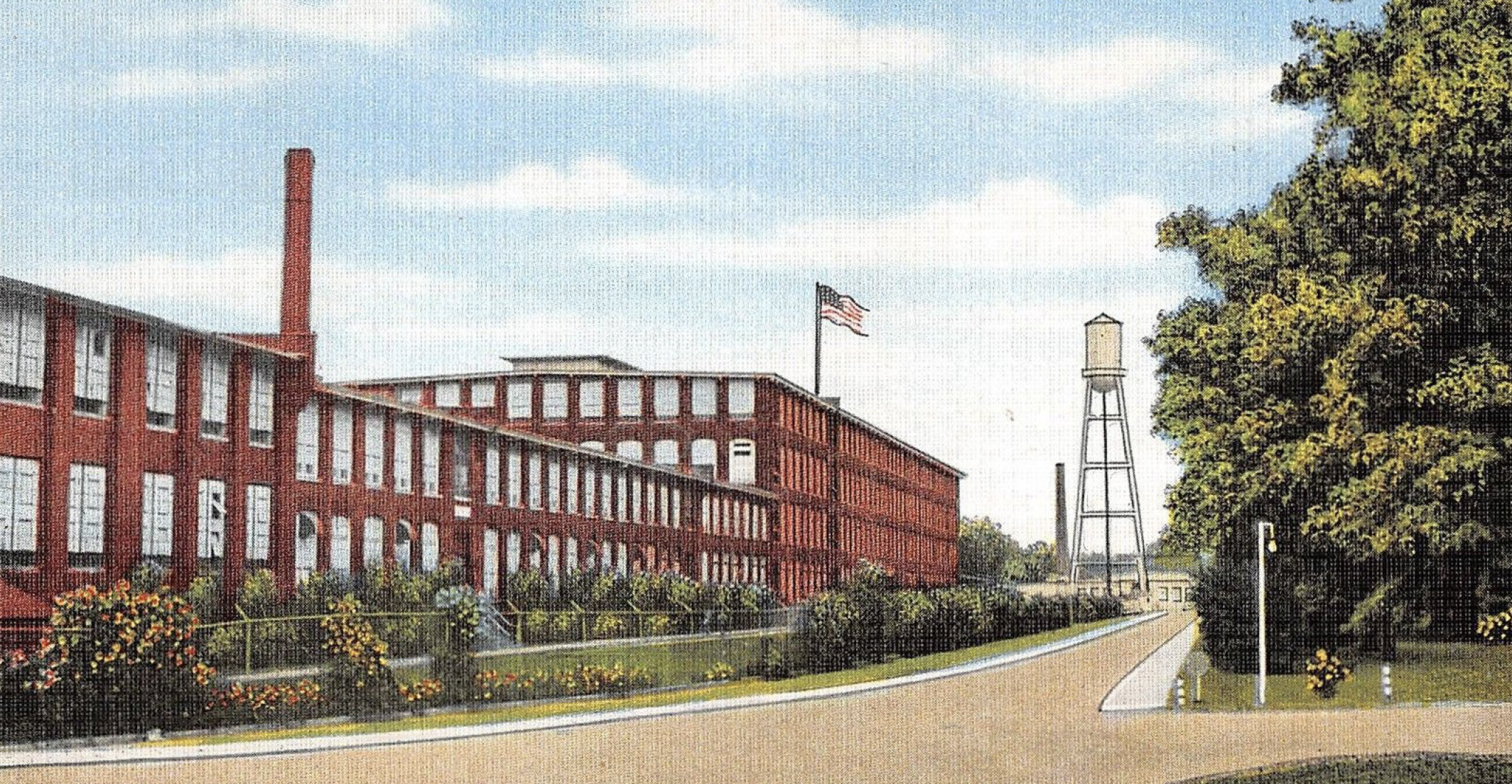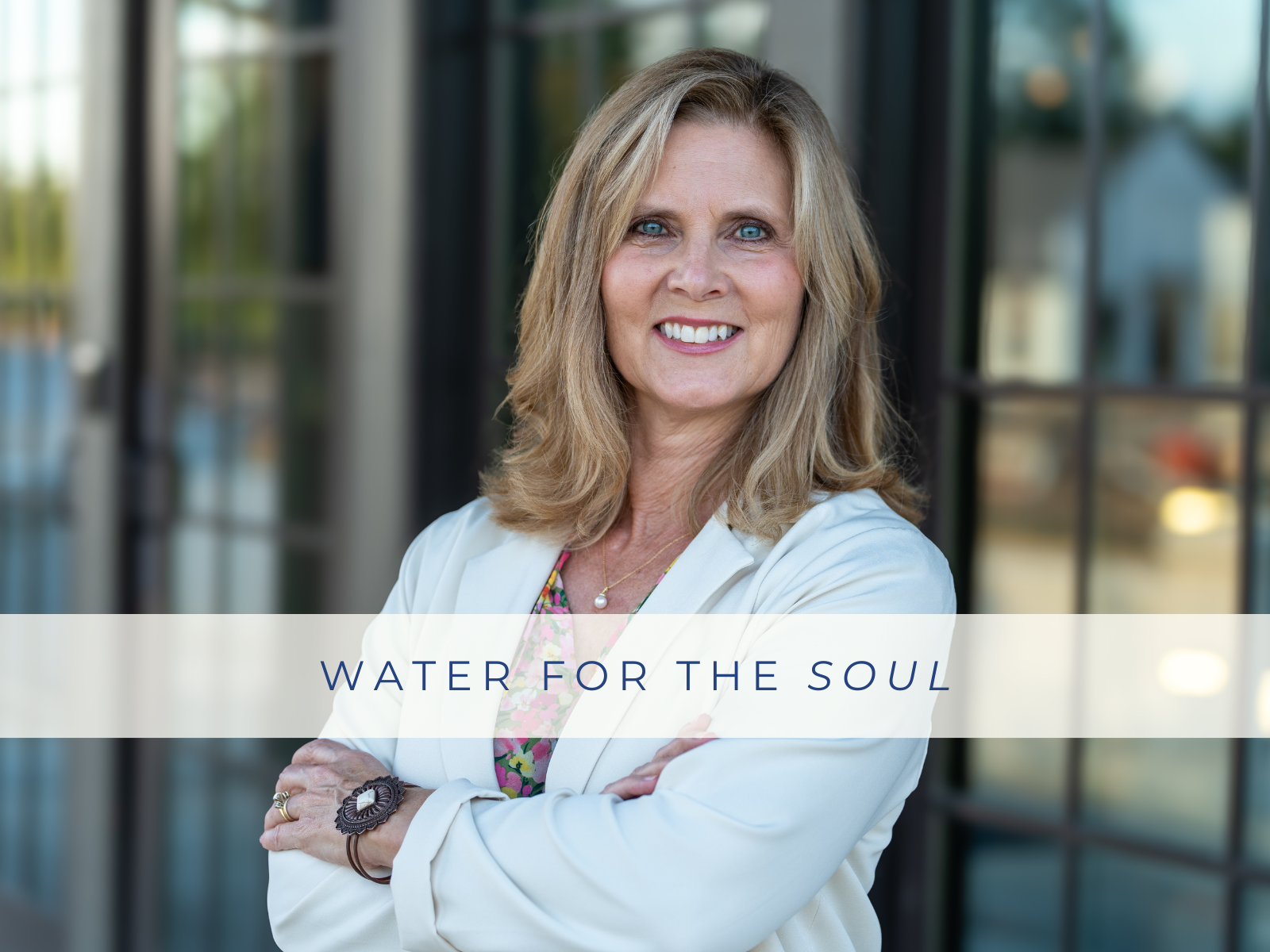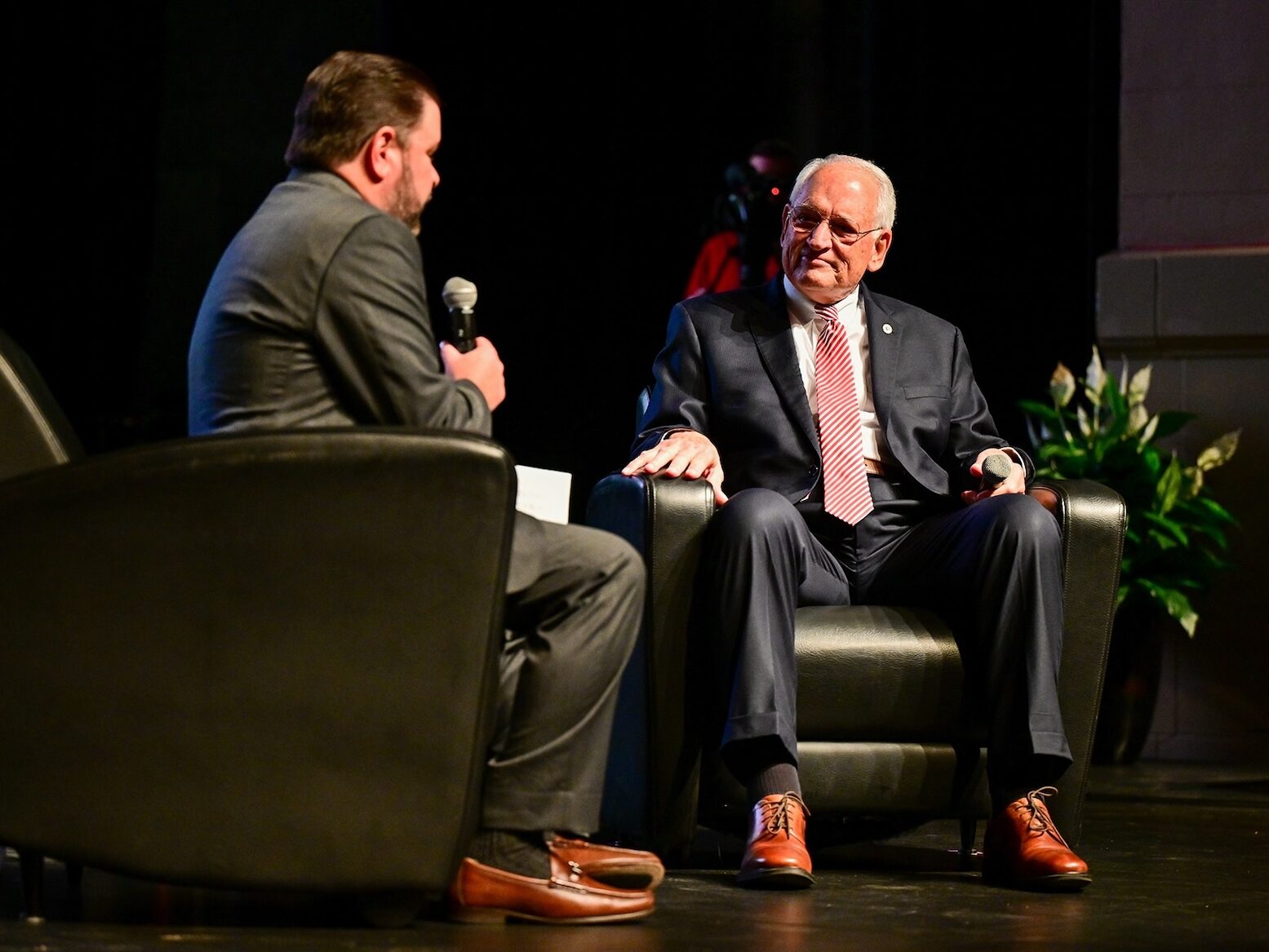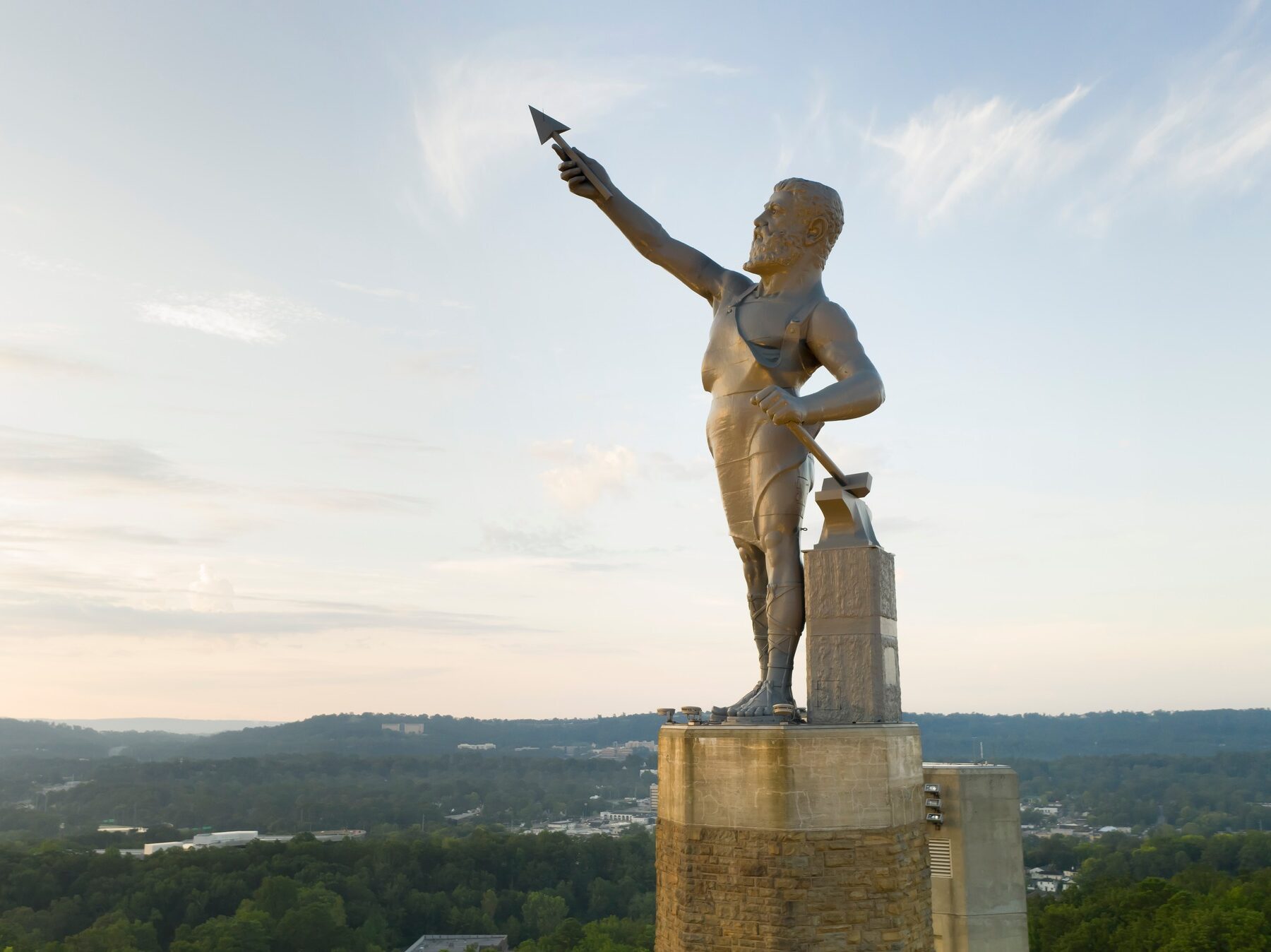From rubble will rise EARTH. The East Alabama Rural Innovation & Training Hub (EARTH), which will be constructed on the historic Avondale Mills site, will offer the same promises as its predecessor. “The site years ago is where people originally found opportunity, hope, work, and learning. Today’s world still begs for the same things. EARTH will answer those needs,” says Jeff Lynn, president of Central Alabama Community College.
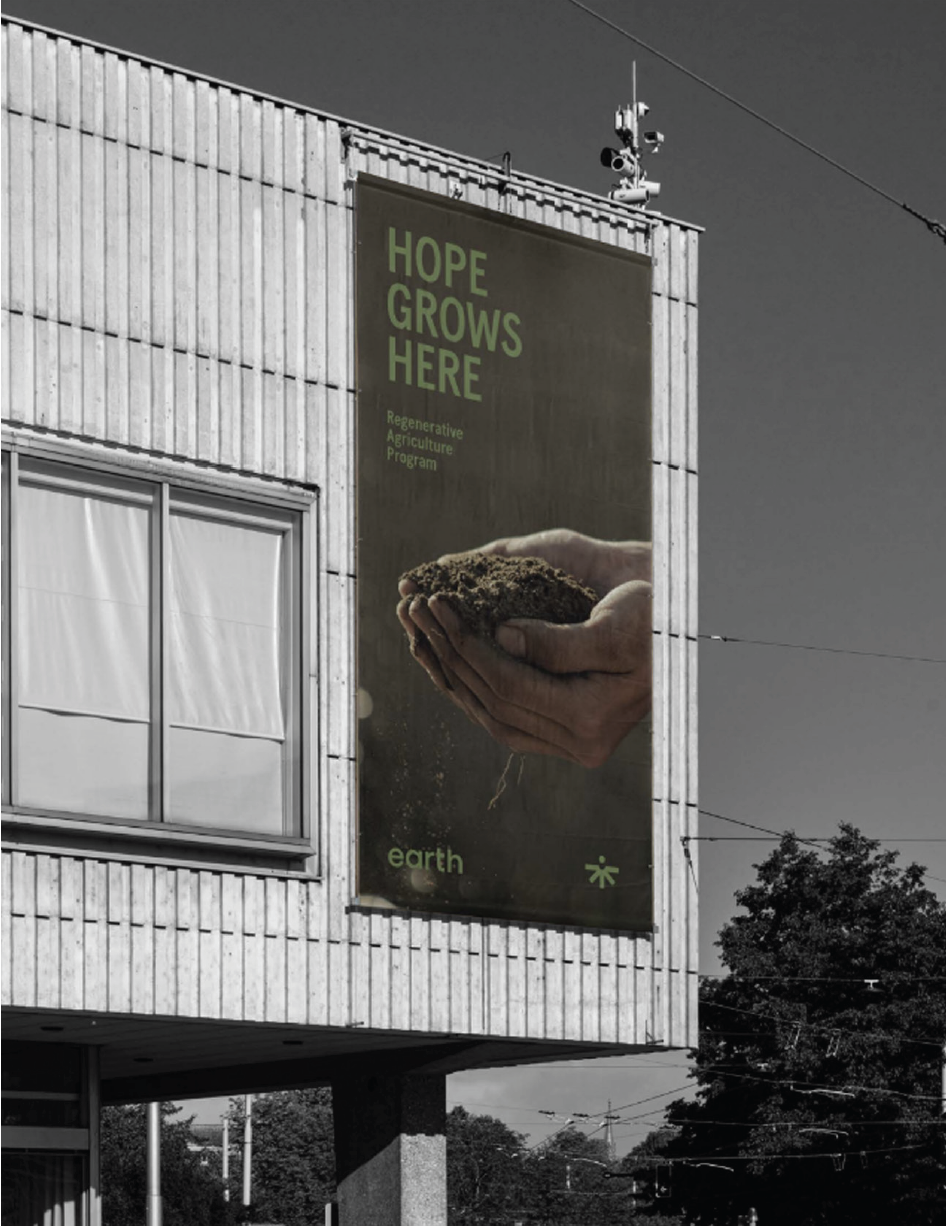
(EARTH/Contributed)
EARTH’s mission is deeply rooted in East Alabama, seeking to increase economic and social growth within its communities through a multidisciplinary, integrated, and whole-life workforce development program. “EARTH is a regional economic development solution, and it’s unique in that it is a bottom-up, top-down approach to addressing resiliency across the age span. When we define workforce development, it’s defined as building human capacity, and that is the heart of our vision, goals, and mission,” says Margaret Morton, CEO of SAFE and President of the EARTH Foundation Board. EARTH’s diverse investment team of educators, local leaders, and business/industry leaders are bound by their devotion to their rural communities and their vision for increasing regional prosperity.
To step forward, EARTH’s leaders first looked to the past and examined East Alabama’s strong entrepreneurial legacy and rural heritage. The history of EARTH’s location plays a primary role in shaping its future. The Avondale Mills site has been a fixture of its surrounding communities for over 100 years, since its founding in 1897 as a textile manufacturer. It produced fabrics, yarns, and ropes from the cotton grown in the fertile fields nearby, and at its peak, it employed 3,000 workers. It was more than solely a manufacturing plant: Its campus was an epicenter of jobs, housing, and everyday life for the employees and their families. The community-minded village bustled with shops, a school, a church, and more until its closing 2006. In the summer of 2011, a lightning strike ignited a fire that ravaged through the campus and left the site beyond repair.
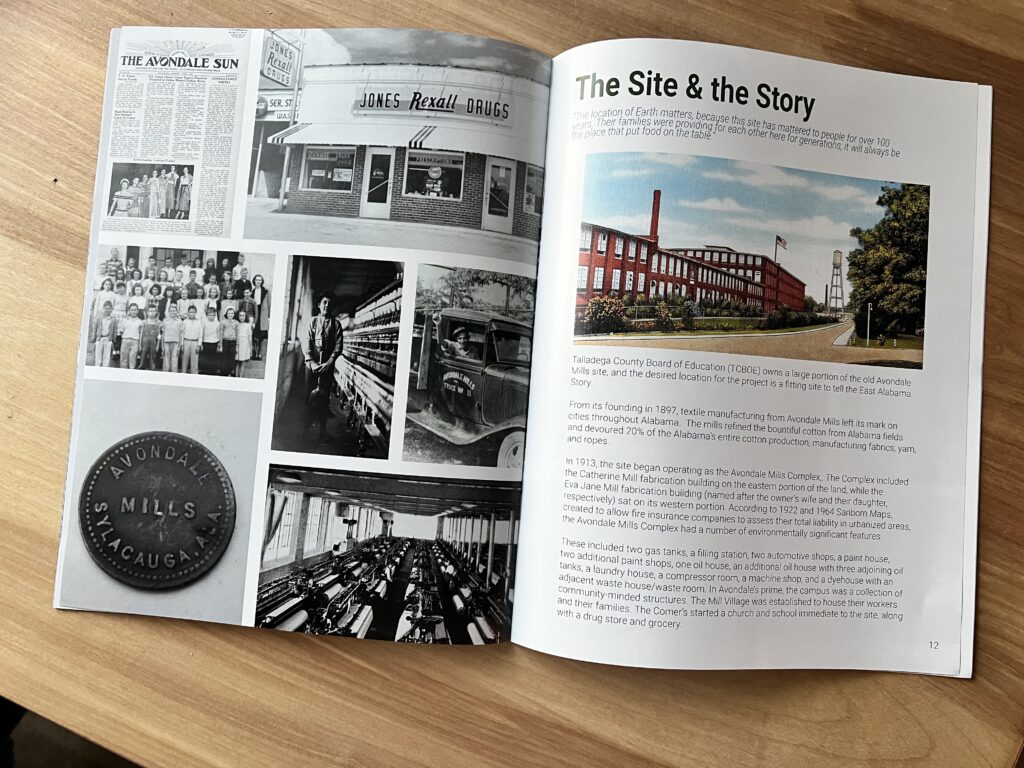
SoulGrown
What’s left may physically be nothing more than piles of bricks and cement, but East Alabama’s soil is still fertile and its residents’ desire for economic development forges on. “From birth to maturity, the whole campus itself and programming can benefit everyone in the community,” says Dr. Melva Tate of Tate & Associates. EARTH picks up where its predecessor left off: by constructing an innovation campus with programs that are dedicated to building up the workforce for every current and potentially future industry to support rural economies and addressing barriers to workforce development by providing transportation and childcare.
Representative Ben Robbins adds, “EARTH is taking what was once the heart of the economy, revitalizing it, and pulling ourselves up by our bootstraps to make East Alabama that beating heart again.”

(EARTH/Contributed)
East Alabama’s industrial plight, however, isn’t unique to the region; it is only one of many rural communities across the country who are impacted by a significant industry shutting down and suffering its effects. “Comparable tales can be discovered as you journey through the rural landscapes of America,” says lead architect, Ryan Coleman, who envisions EARTH becoming a model for those areas. “EARTH aims to establish a blueprint illustrating how rural communities and regions can achieve sustainability through adaptable and resilient infrastructure centered around workforce development.”
